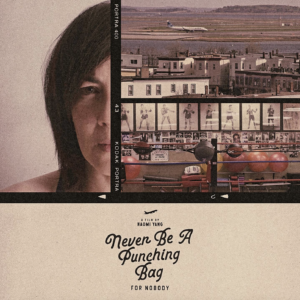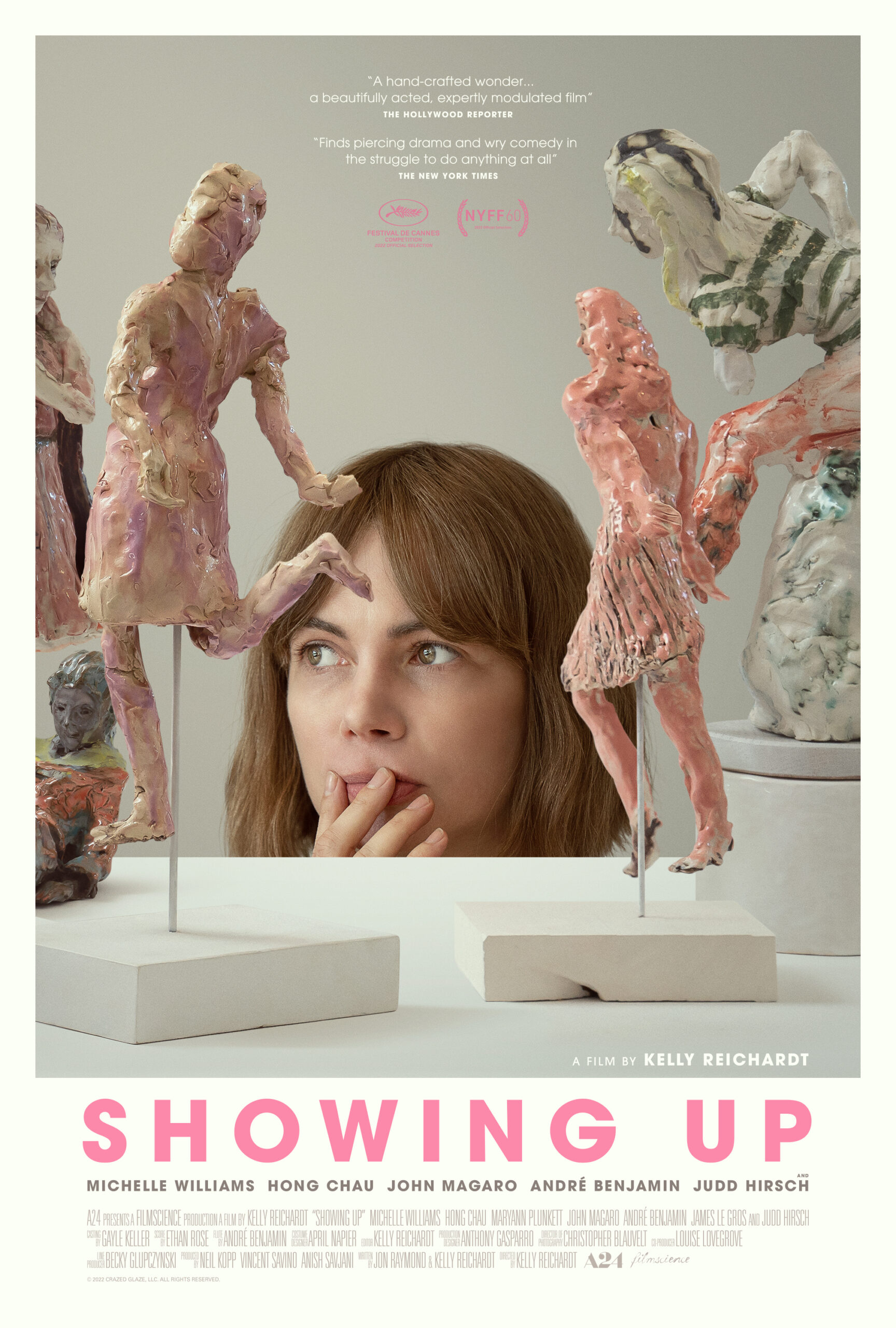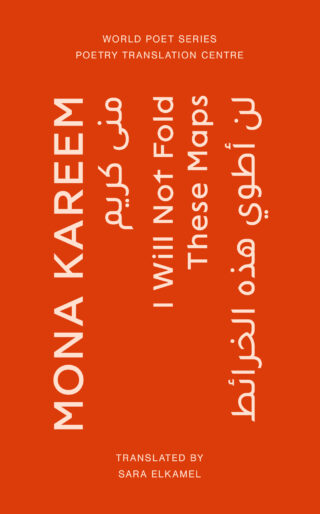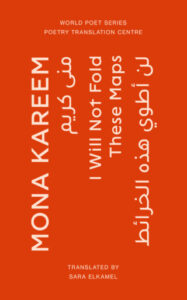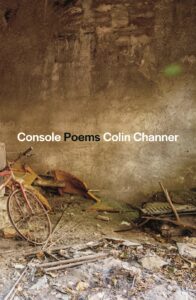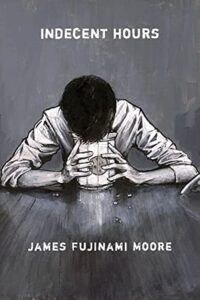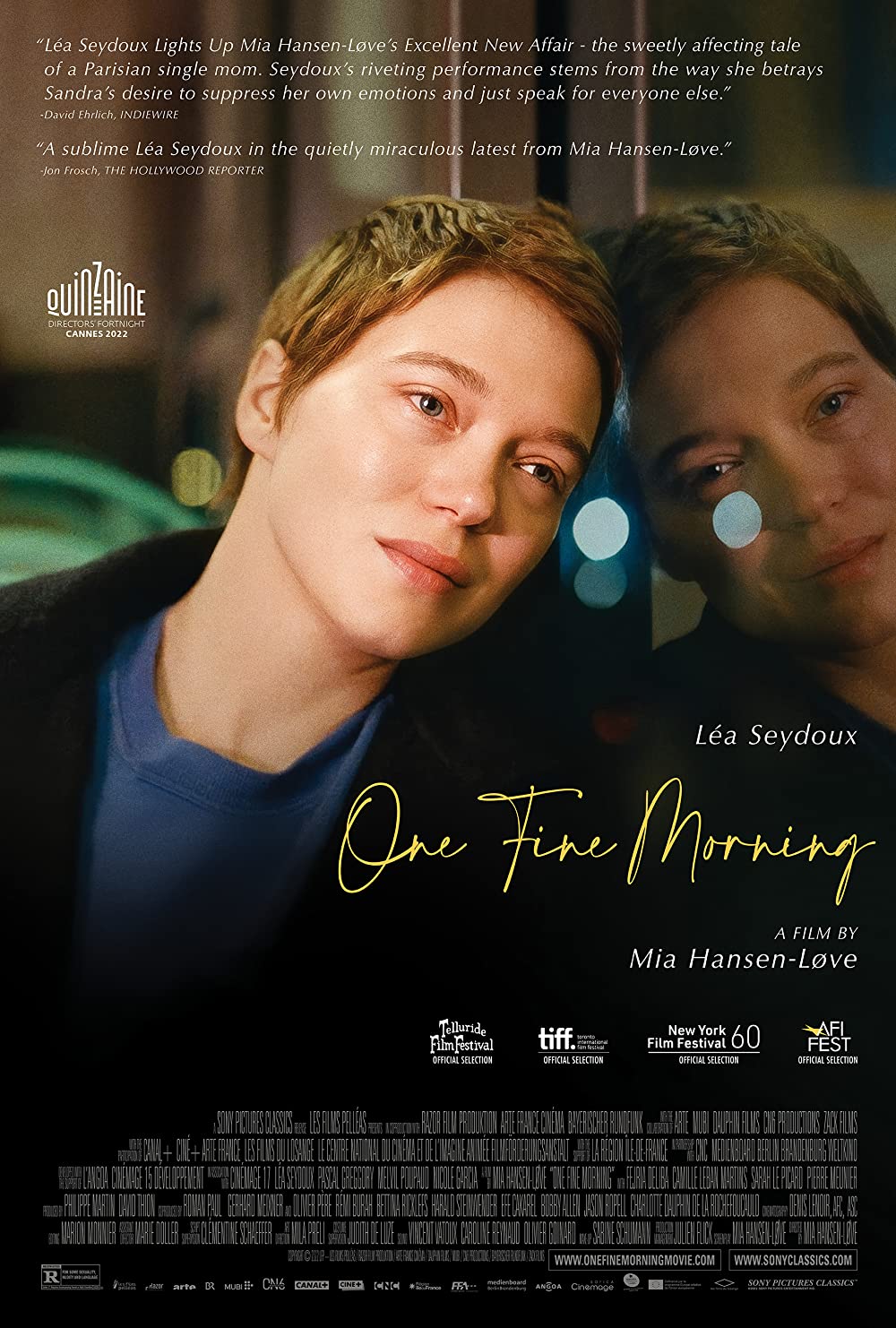Review by MELISSA HOLBROOK PIERSON
Everything about Happy Singh Soni, the titular hero of Celina Baljeet Basra’s stinging first novel, is unlikely. He is the son of Punjabi cabbage farmers, but he fancies himself a screenwriter and prospective movie actor in the mold of Nouvelle Vague darling Sami Frey. (Indeed, he has effectively memorized Godard’s Bande à part.) He imagines his future in a Europe of all the classic allures, living in an elegant stone house with a yellow door; he is all about the details, which are uniformly sensual and full of wonder to him. Even as a child on his parents’ modest farm, he begins practicing for the day when his public utterances will be sought after by the press, so he invents a series he titles “The Loo Interviews,” conducted by an eager reporter for the gossipy Jodhpur News . . . while he occupies the privy.
He is in exuberant love with all he experiences, especially his mother’s adoringly proffered fried treats. Happy even appreciates the pests that afflict the surrounding farmland that is slowly being consumed by the amoeba of a badly managed Disneyland knockoff called Wonderland, where he takes a desultory job in which his nascent talents are ignored. He is the kind of imaginative soul who can’t help but personify even the stars in the sky (“Blinky, Pinky, Inky, and Clyde”).



